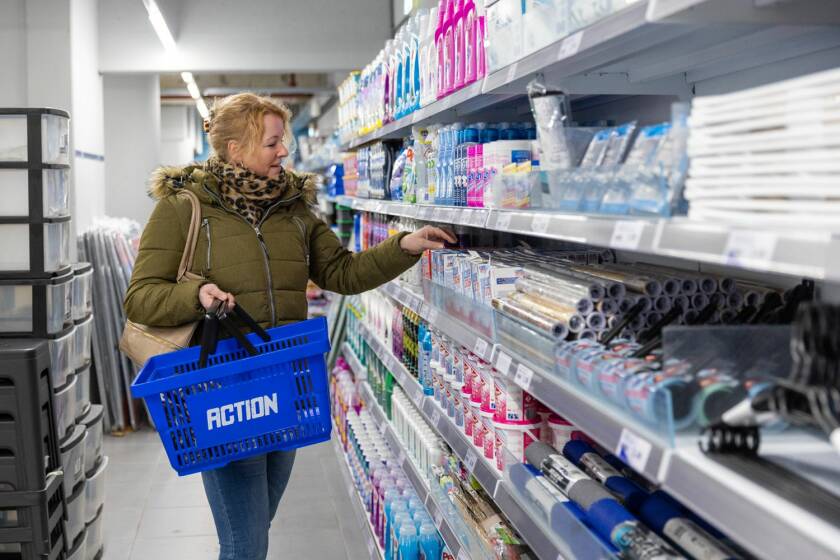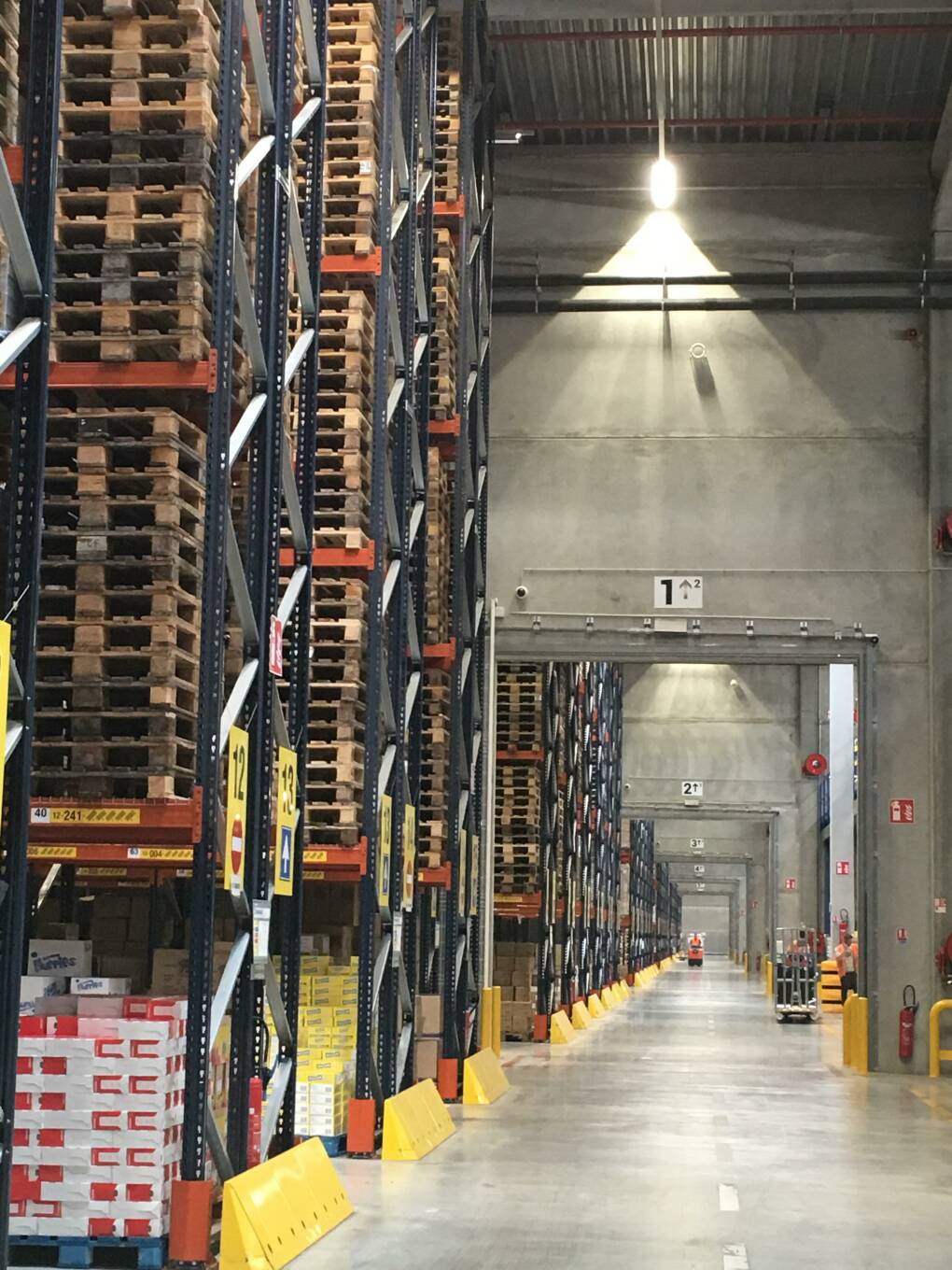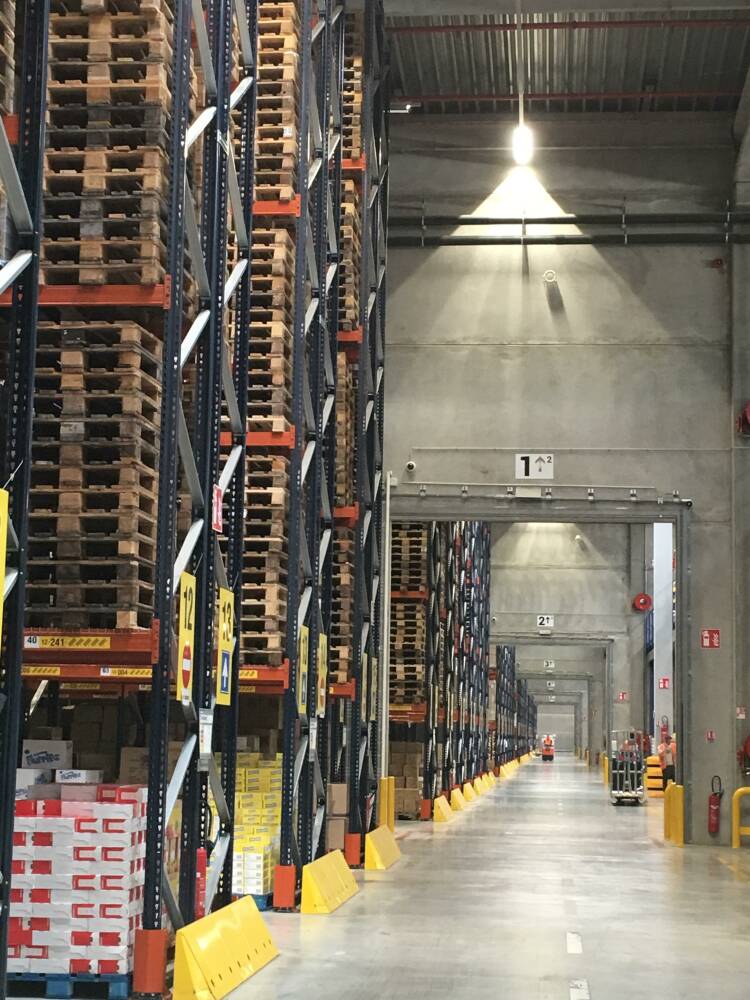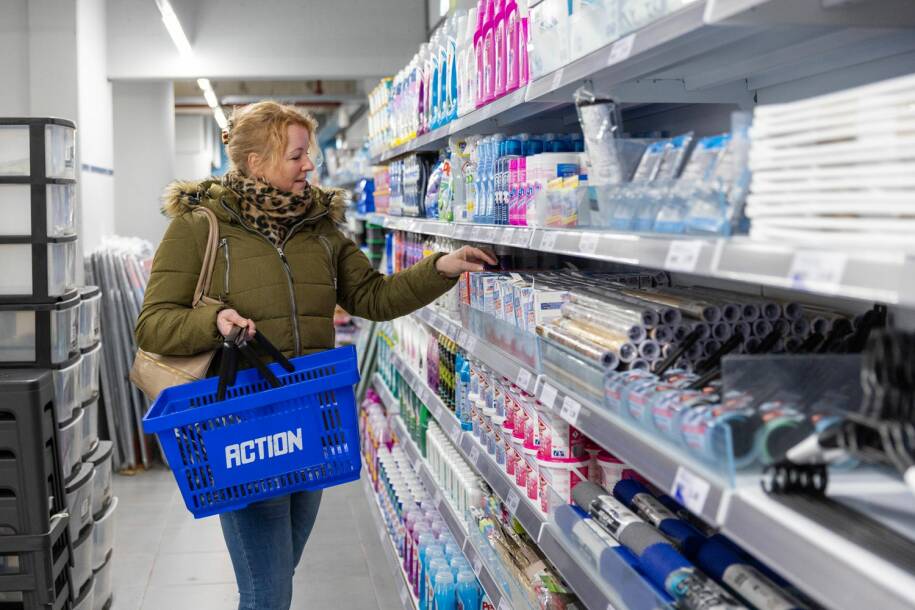Action in 2023

Across the retail sector, new technologies are emerging that improve customer service and time-to-market. We have extended our app to new countries and increasingly digitised our processes to improve the end-to-end flow of goods from factory to store.
There is a new generation of eco-aware consumers, concerned about the social and environmental impact of their purchases. At the same time, these consumers are also conscious of cost. At Action, we balance ethical sourcing with a commitment to the lowest prices for customers.

Across Europe, labour markets remain tight. We have avoided shortages by focusing on creating an inclusive and attractive workplace for potential employees, and investing in development and internal promotions – helping us put skilled workers in the right roles while preserving the Action DNA.

The recent rise in the cost of living means consumers have become more price-conscious, shopping around for lower prices. Many have prioritised household goods like cleaning products. In response, we’ve kept tight control of costs, passing on our cost advantages where possible to customers, while our approach of introducing 150 new products weekly enables us to adapt to meet changing customer needs.
We are operating in an increasingly complex world. Businesses face new regulations in areas ranging from data privacy to climate risk and supply chain management, as well as taxes on carbon in some countries and limits on single-use plastics. We are continuously developing our environmental and social standards, so we can stay on top of these challenges.
Operating conditions in our supply chains, including container prices and carrier capacity, have improved after the problems caused by Covid-19. Energy prices have also stabilised. We are, however, seeing increased demand for warehousing space, which may result in higher costs and longer timelines. Also, as conflicts continue in eastern Europe and the Middle East, we have to remain aware that supply chain risks could increase once again.


Operating conditions in our supply chains, including container prices and carrier capacity, have improved after the problems caused by Covid-19. Energy prices have also stabilised. We are, however, seeing increased demand for warehousing space, which may result in higher costs and longer timelines. Also, as conflicts continue in eastern Europe and the Middle East, we have to remain aware that supply chain risks could increase once again.


Across Europe, labour markets remain tight. We have avoided shortages by focusing on creating an inclusive and attractive workplace for potential employees, and investing in development and internal promotions – helping us put skilled workers in the right roles while preserving the Action DNA.
We are operating in an increasingly complex world. Businesses face new regulations in areas ranging from data privacy to climate risk and supply chain management, as well as taxes on carbon in some countries and limits on single-use plastics. We are continuously developing our environmental and social standards, so we can stay on top of these challenges.
There is a new generation of eco-aware consumers, concerned about the social and environmental impact of their purchases. At the same time, these consumers are also conscious of cost. At Action, we balance ethical sourcing with a commitment to the lowest prices for customers.
Across the retail sector, new technologies are emerging that improve customer service and time-to-market. We have extended our app to new countries and increasingly digitised our processes to improve the end-to-end flow of goods from factory to store.

The recent rise in the cost of living means consumers have become more price-conscious, shopping around for lower prices. Many have prioritised household goods like cleaning products. In response, we’ve kept tight control of costs, passing on our cost advantages where possible to customers, while our approach of introducing 150 new products weekly enables us to adapt to meet changing customer needs.